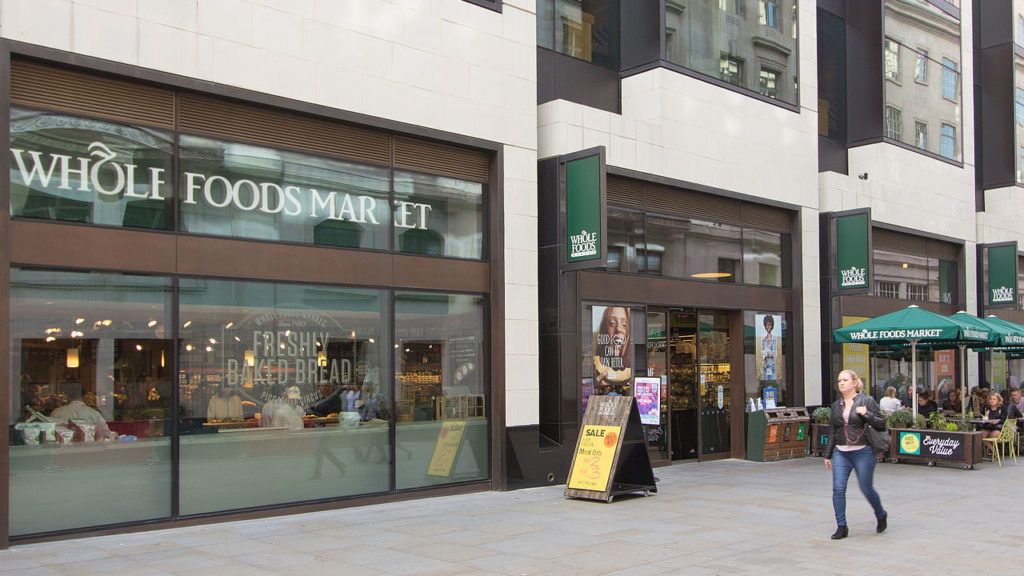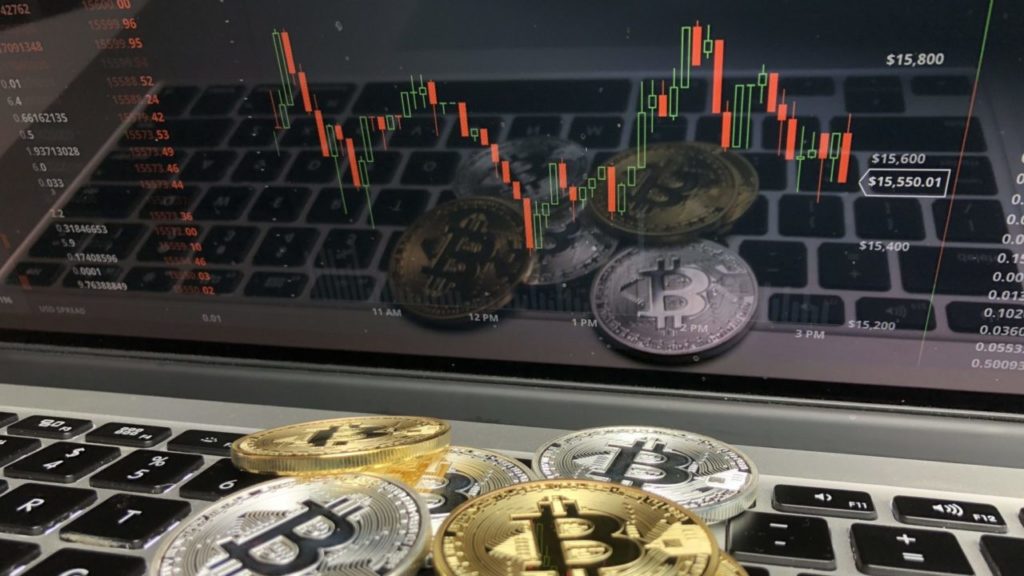Consumers are rejoicing over the lower prices that the Amazon-Whole Foods acquisition is bringing to the forefront, but the long-term repercussions of this deal could be cataclysmic for the grocery industry.
Such a move poses a threat to companies such as Costco and Kroger, which may have to seek new retail avenues to remain relevant once the merger’s complete. The $13.7 billion deal — which became official August 28 — also raises questions regarding the future of Whole Foods and its supply chain.
A lofty dream becomes a reality
Loup Ventures’ Gene Munster — who previously served as an Amazon analyst for Piper Jaffray — notes that the acquisition will be a “money pit” for the company, with Whole Foods’ prices lowering this week. But the move is in line with the online retailer’s philosophy of shelling out the big bucks now in exchange for a handsome and consistent return in the long run.
It could be another five years before the deal starts paying dividends for Amazon, but the company’s expansion of its Lockers service will ensure that the retailer has your order prepared in most ZIP codes in the country. This means that you can place your order online, show up to a local Locker location and pick up your goods within minutes.
Amazon Prime users will benefit the most as the retailer’s subscription service will eventually become the new loyalty rewards program for Whole Foods customers. The integration of both companies’ services will grant you easy access to more than 300 million products at the click of a button, all while cutting out the middleman. Prices were cut by as much as 43% Monday, with the price of some bananas falling from 79 cents to 49 cents, while organic rotisserie chicken went from $13.99 to $9.99.
Antitrust considerations surrounding the merger
President Donald J. Trump called Amazon a “monopoly” as the retailer is constantly entering new industries with the goal of global domination in sight. Competing grocers echoed this sentiment, imploring the Federal Trade Commission to review the merger’s potential to breach antitrust regulations. The agency reviewed the matter and decided not to pursue its probe any further as completing the acquisition would only give the combined company 2% of the U.S. grocery market, compared to Walmart’s 14.5% and Kroger’s 7.2%.
The real concern in the matter is Amazon’s potential to eclipse this figure with the company’s technology, which is considerably ahead of its competitors. The new company will combine Whole Foods’ point-of-sale system with Amazon’s advertising algorithms, offering special savings and benefits to customers based on their shopping histories. With time, the grocer will turn its focus to merchandising and logistics in order to further reduce prices for Whole Foods customers.
While the immediate future suggests that the company will not dominate the industry, it is this potential to gain more in-depth knowledge of its customers that raises questions regarding how this agreement may hamper the competition. Perhaps the move will prompt the competition to reach similar partnerships with tech juggernauts to remain relevant.
What does it all mean for Whole Foods moving forward?
Whole Foods has nearly 90,000 employees around the world, and many of these workers are wondering whether or not their jobs are safe. In Amazon’s press release, the company claims that Whole Foods will continue growing, creating jobs in local communities for its supply chain, including the hiring of more farmers and artisans.
Forrester technology analyst James McQuivey is among the company’s skeptics, noting that the deal could harm local sourcing. “It’s always a problem when you have a $100-billion business that wants to improve margins.” Members of Whole Foods’ supply chain are also worried that their jobs will become automated in the coming years.
In the sea of uncertainties surrounding Whole Foods’ future, one key element will remain the same in the form of founder and CEO John Mackey’s position in the company. The Texas native has always looked out for the little guy, promoting small businesses and the production of organic food. Mackey has run a company for three and a half decades that upholds the highest standards of food safety and manufacturing, supporting hard-working suppliers that practice safe farming techniques, as well as humane animal treatments.
Whole Foods shares grew a fraction of a percentage Monday, while Amazon shares surged 0.2%, Walmart stock fell 1% and Kroger stock slipped 0.9%.
What are your thoughts on the Amazon-Whole Foods acquisition? Let us know in the comments.
MORE FINANCE STORIES ON CAPITALISM.COM:
• Beyond Bitcoin: How Blockchain Is Changing the Way We Track, Share Data
• Could Bitcoin Help Reverse Mistrust in Our Monetary System?
• How to Benefit from Bond Investing in Youth and Retirement







